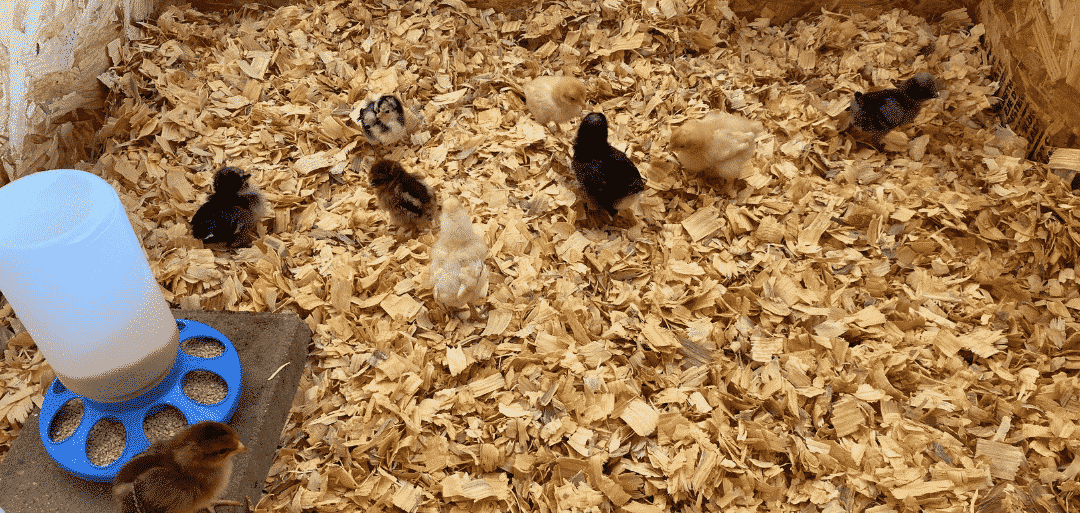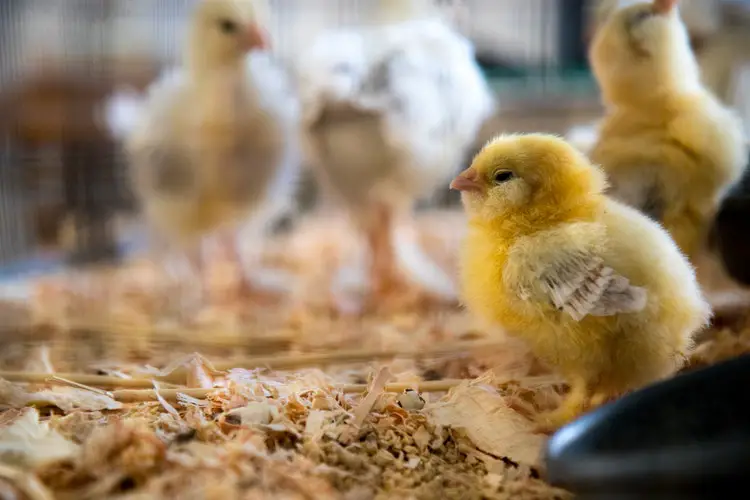Raising chicks can be a rewarding experience, but it comes with its own set of challenges. One of the most concerning issues is when chicks wont eat or drink. This situation can cause panic among chicken owners, especially if they are new to poultry care. It’s crucial to understand the possible reasons behind this behavior and how to address it effectively.

Why Chicks Wont Eat or Drink
There can be several reasons why your chicks might refuse food or water. Understanding these reasons can help you take the appropriate actions to ensure their health and well-being.
Environmental Stressors
One common reason is environmental stress. Chicks are highly sensitive to their surroundings. Any changes in temperature, humidity, or even the introduction of new chickens can cause stress, leading to reduced appetite and thirst.
Health Issues
Another reason could be health problems. Illnesses or infections can make chicks lethargic, causing them to avoid eating or drinking. Its important to monitor their health closely and consult a veterinarian if necessary.
Improper Diet
Sometimes, the issue might be related to the diet itself. If the food is not appropriate for their age or if it lacks necessary nutrients, chicks might avoid eating. Ensuring a balanced diet is crucial for their growth.
Identifying the Problem
Recognizing the signs that your chicks are not eating or drinking is the first step in resolving the issue.
Observational Techniques
Spend time observing your chicks. Look for any signs of lethargy, drooping wings, or huddling, as these can indicate discomfort or illness.
Check Brooder Conditions
Ensure that the brooder is at the right temperature. A brooder that is too hot or too cold can cause stress. For more information on maintaining the right environment, check out this brooder maintenance guide.
Solutions to Encourage Eating and Drinking
Once youve identified the potential cause, you can take steps to encourage your chicks to start eating and drinking again.
Adjusting the Environment
Make sure that the brooder is set up correctly. You can find tips on brooder setup in this comprehensive guide. Adjust the temperature and reduce any loud noises or disturbances.
Offering the Right Diet
Ensure that the feed you provide is suitable for the age of your chicks. Young chicks require a diet rich in proteins and other essential nutrients.
Hydration Tips
Sometimes, chicks need a little encouragement to drink. You can try adding a small amount of sugar to their water to entice them. However, this should not replace their regular water intake.
Prevention Tactics
Preventing these issues before they arise is always the best strategy.
Consistent Monitoring
Regularly monitor your chicks for any changes in behavior or health. Early detection can prevent minor issues from becoming major problems.
Proper Nutrition
Provide a balanced diet and ensure that you introduce grit at the right time. You can learn more about introducing grit to chicks in this useful article.
Regular Cleaning
Maintain a clean brooder to prevent the spread of disease. For cleaning tips, visit this resource.
When to Seek Veterinary Help
If your chicks continue to refuse food or water despite your efforts, it might be time to consult a veterinarian. Persistent refusal can indicate a more serious underlying issue that requires professional care.

FAQs
What should I do if my chick won’t eat?
First, check their environment and diet. Ensure they are not stressed and that their food is suitable. If the issue persists, consider consulting a vet.
How can I encourage my chicks to drink water?
Try making the water slightly more appealing by adding a small amount of sugar, but this should be a temporary measure.
Can changes in temperature affect my chicks’ eating habits?
Yes, chicks are sensitive to temperature changes. Ensure the brooder is at an optimal temperature to minimize stress.
This article contains affiliate links. We may earn a commission at no extra cost to you.











